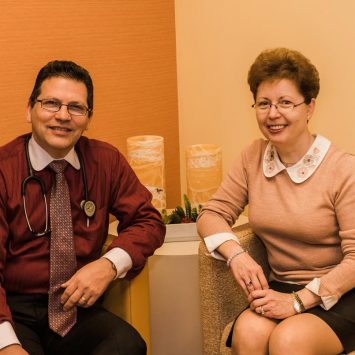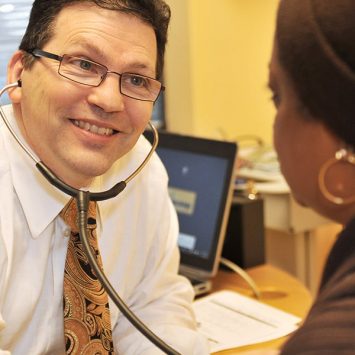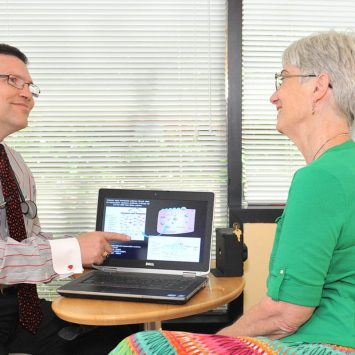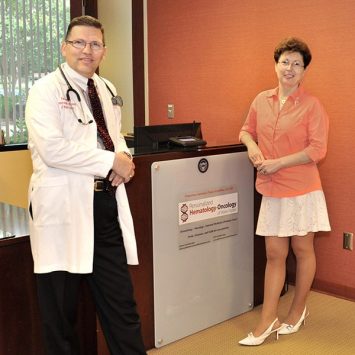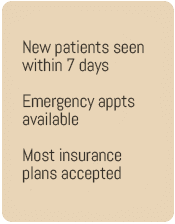Steve Sewell Discusses Life and a Cancer Diagnosis
As a golf touring pro, Steve Sewell has lived all over the world, consulting on every aspect of golf. One of his highlights was living in Egypt where he worked on golf properties before moving back to the states. He has always lived an active lifestyle and enjoyed owning his own business and getting to […]

